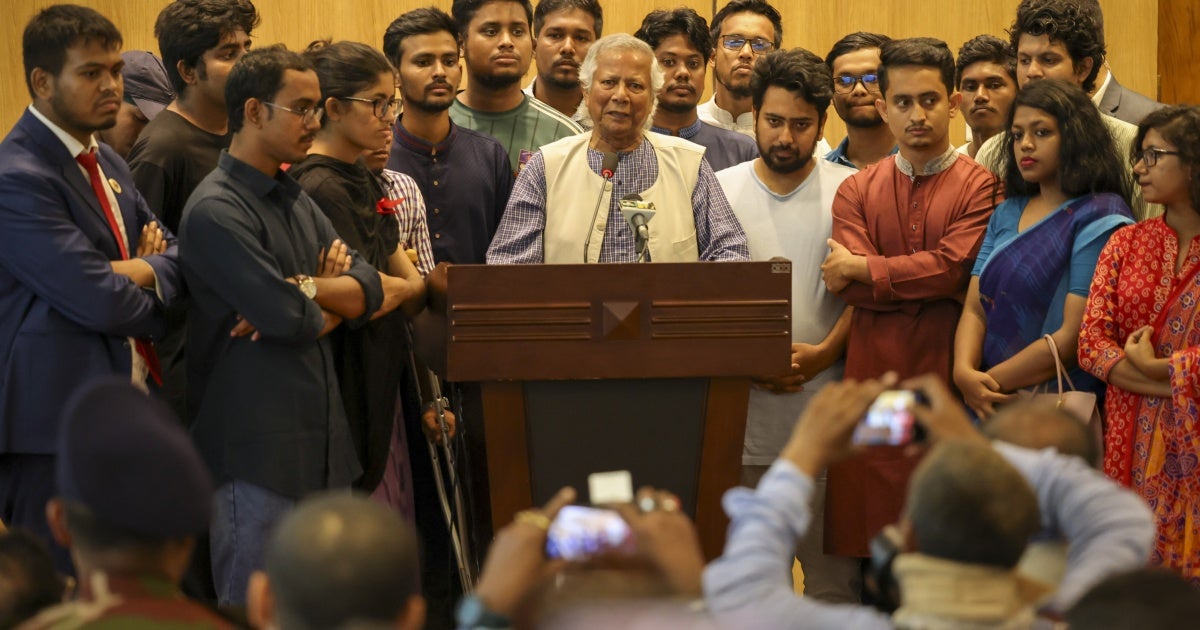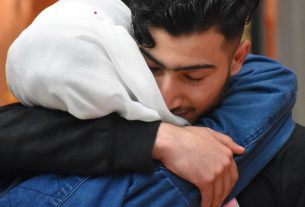The Bangladeshi people have shown enormous courage over the past few months, paying a very high price to secure an opportunity for democratic transition and progress on human rights. The European Union should stand by their side and take concrete actions to support them.
The authoritarian rule of Sheikh Hasina’s government ended when she resigned and left the country, following weeks of protest. Hundreds were killed and thousands more injured, in what were among the deadliest crackdowns on protests in Bangladesh’s recent history.
Nobel Prize laureate Mohammed Yunus, who replaces Hasina as interim prime minister, took some positive steps and has committed to enacting reforms and ensuring justice for the abuses. But his ability to deliver on those pledges will rely on support from Bangladesh’s international partners.
Bangladesh is the main beneficiary of the EU’s Everything But Arms (EBA) scheme, enjoying lucrative tariff-free exports to the EU conditioned on respect for human rights and good governance. Hasina’s intensifying authoritarianism was in clear breach of those conditions, including the most recent deadly repression, the violent crackdown ahead of the controversial January elections, and other abuses. Yet those responsible faced no consequences.
To support Bangladesh’s transition, the EU should take a different approach.
As a first step, it should back action at the upcoming session of the UN Human Rights Council to investigate and pursue accountability for recent grave abuses, and secure UN monitoring and reporting on the situation in the country.
Secondly, the EU should urge Bangladesh authorities to disband the notorious Rapid Action Battalion (RAB), a security force responsible for extrajudicial killings and enforced disappearances, which was also among the forces deployed during the recent brutal crackdown on protests. That call should be accompanied by the adoption of EU targeted sanctions against the RAB, which has been under US sanctions since 2021.
Finally, the EU should, in the context of EBA negotiations, agree with Bangladeshi authorities public benchmarks for the protection of human rights, including the release of all those unjustly jailed and disappeared, security sector reform and accountability, and other reforms to strengthen independent institutions and respect for human rights.
Through these steps, the EU can help the Bangladeshi people consolidate the human rights gains they have fought so hard for, and lay the foundations for further progress and reforms in the future.



